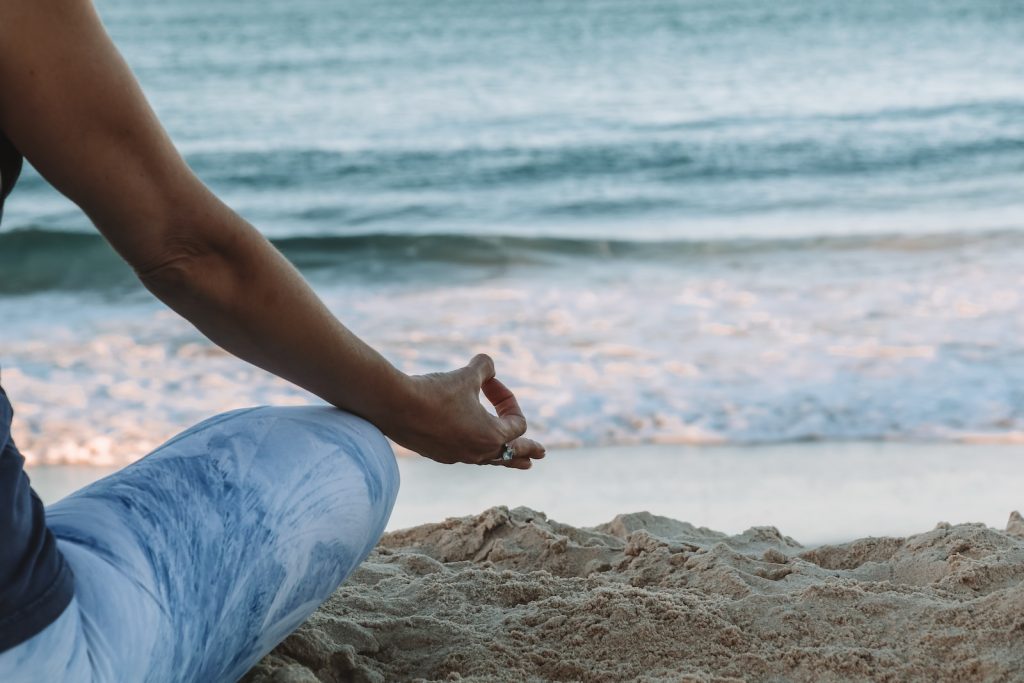
In a world that is constantly moving and evolving, it can be challenging to find peace and tranquility amidst all the chaos. We often find ourselves struggling to keep up with our busy lives, juggling countless tasks and responsibilities, which can leave us feeling exhausted and burnt out. However, there is a simple solution to this problem – mindfulness.
Mindfulness is an ancient practice that has become increasingly popular in recent times as people search for ways to manage stress, improve their mental health, and find inner peace. It involves being present in the moment without judgment or distraction and paying attention to one’s thoughts, feelings, sensations without any attachment.
The benefits of mindfulness are numerous; it helps reduce stress levels by calming the mind down; it enhances focus by improving concentration levels; it improves sleep quality by reducing anxiety levels before bedtimes; increases self-awareness through self-reflection exercises that help identify negative thinking patterns or habits which may sabotage success in life goals such as career advancement opportunities or personal relationships.
If you’re new to mindfulness practices but want to explore its benefits for yourself- here’s a beginner’s guide on how you can start your journey towards discovering tranquility:
1) Set aside time for mindfulness practice:
The first step towards incorporating mindfulness into your daily routine is setting aside time specifically devoted to practicing it. You don’t need hours of dedicated practice every day- starting small with just 5-10 minutes every day can make a significant difference over time.
2) Choose an appropriate space:
Next comes selecting an appropriate location where you won’t be disturbed while practicing mindfulness. It could be anywhere – your room at home or even outside in nature if possible! The important thing is finding somewhere quiet where distractions are minimal so you can fully immerse yourself in the experience.
3) Focus on your breath:
One of the primary techniques used in mindful meditation involves focusing on one’s breathes- inhaling deeply through the nose then exhaling through the mouth. Doing this helps bring attention to the present moment while also calming down an anxious or overactive mind.
4) Let go of judgment:
Mindfulness is a practice that involves letting go of judgment- both self-judgment and judgments towards others. It’s about accepting things as they are without trying to change them, which can be challenging at first but ultimately liberating.
5) Observe your thoughts:
Another crucial aspect of mindfulness is observing one’s thoughts without getting attached to them. Recognizing negative thought patterns or habits that may be holding you back can help you work towards overcoming them and reaching your full potential.
6) Practice gratitude:
Gratitude is a powerful emotion that can transform our outlook on life and improve our mental health significantly. Taking time to appreciate the good things in life, no matter how small they may seem, can help cultivate feelings of happiness and contentment within ourselves.
7) Focus on the present moment:
Lastly, mindfulness involves focusing on the present moment rather than dwelling in past regrets or worrying about future uncertainties. By being fully present in each moment, we allow ourselves to experience greater joy and fulfillment in life.
In conclusion, incorporating mindfulness into your daily routine doesn’t have to be complicated or time-consuming; it’s all about finding what works best for you personally! Whether it’s starting with just five minutes every day or finding ways to incorporate mindful practices throughout your day- taking small steps towards discovering tranquility can lead us down a path towards greater inner peace and fulfillment in life.






